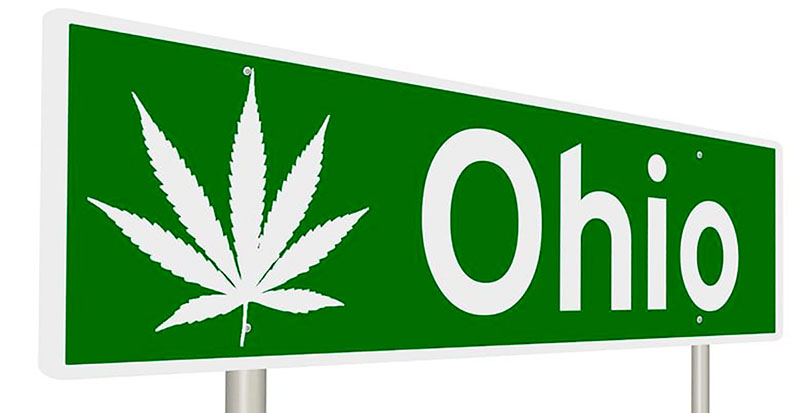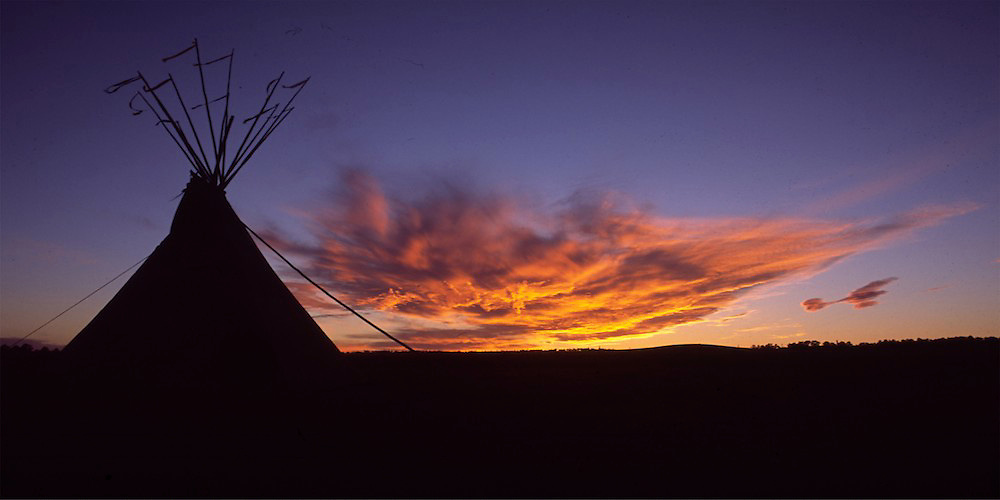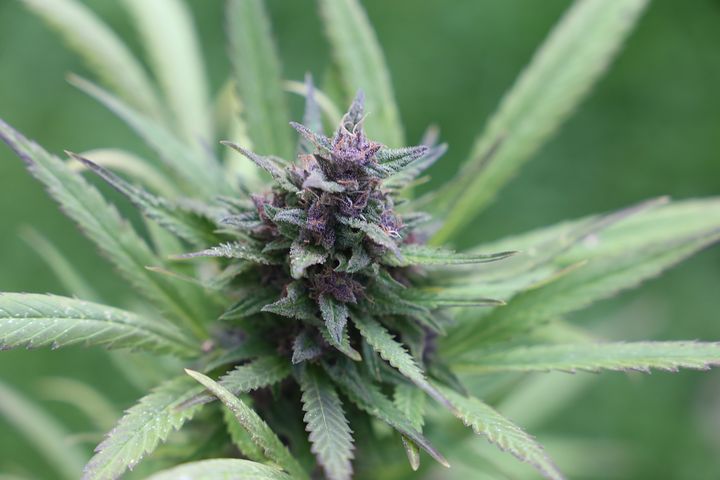 A majority of Ohio voters have approved a citizens’ initiated measure (Issue 2) legalizing the possession, home cultivation, and retail sale of cannabis for those age 21 or older. "Cannabis legalization is an issue that unites Democrats, Republicans, and Independents," NORML's deputy director Paul Armentano said. "Ohioans have seen similar legalization laws adopted in neighboring states and they know that regulating the cannabis market is preferable to the failed policy of prohibition. It is imperative that elected officials respect the voters' decision and implement this measure in a manner that is consistent with the sentiments of the majority of the electorate."
A majority of Ohio voters have approved a citizens’ initiated measure (Issue 2) legalizing the possession, home cultivation, and retail sale of cannabis for those age 21 or older. "Cannabis legalization is an issue that unites Democrats, Republicans, and Independents," NORML's deputy director Paul Armentano said. "Ohioans have seen similar legalization laws adopted in neighboring states and they know that regulating the cannabis market is preferable to the failed policy of prohibition. It is imperative that elected officials respect the voters' decision and implement this measure in a manner that is consistent with the sentiments of the majority of the electorate."

 Cannabis is now legal in Minnesota, and the first adult-use sales have been on two of the state’s Native American reservations. The Red Lake and White Earth nations are using their sovereign status to get the jump on the North Star State's retail sector.
Cannabis is now legal in Minnesota, and the first adult-use sales have been on two of the state’s Native American reservations. The Red Lake and White Earth nations are using their sovereign status to get the jump on the North Star State's retail sector. With political and legal space opening for cannabis in state after state, a backlash is manifesting in the idea of caps on the potency—whether of bud, extracts or edibles. Voices from the industry and activist community see this as a throwback to the days of Reefer Madness.
With political and legal space opening for cannabis in state after state, a backlash is manifesting in the idea of caps on the potency—whether of bud, extracts or edibles. Voices from the industry and activist community see this as a throwback to the days of Reefer Madness. The original peoples of what is now the United States were left in legal limbo in the wake of the 2018 Farm Bill, which made hemp cultivation again lawful. Federally recognized Native American tribes could not cultivate under state regulation, because the states have limited jurisdiction on their reservations. But the US Agriculture Department dragged its heels in issuing federal regs that could apply on these lands. Caught between two sovereigns, many farmers in Indian country are asserting their right to cultivate hemp under the un-extinguished sovereignty of their own Native nations.
The original peoples of what is now the United States were left in legal limbo in the wake of the 2018 Farm Bill, which made hemp cultivation again lawful. Federally recognized Native American tribes could not cultivate under state regulation, because the states have limited jurisdiction on their reservations. But the US Agriculture Department dragged its heels in issuing federal regs that could apply on these lands. Caught between two sovereigns, many farmers in Indian country are asserting their right to cultivate hemp under the un-extinguished sovereignty of their own Native nations. In the midst of the COVID-19 pandemic and historic levels of unemployment, Illinois cannabis retailers saw record-breaking sales in June, taking in nearly $48 million in revenues.
In the midst of the COVID-19 pandemic and historic levels of unemployment, Illinois cannabis retailers saw record-breaking sales in June, taking in nearly $48 million in revenues. A month into the national uprising sparked by the killing of George Floyd, cities and states are responding to activist demands to defund police forces. Some are deciding that cannabis enforcement is the place to start in contracting the police apparatus.
A month into the national uprising sparked by the killing of George Floyd, cities and states are responding to activist demands to defund police forces. Some are deciding that cannabis enforcement is the place to start in contracting the police apparatus. Lockdowns and economic paralysis imposed by the COVID-19 outbreak are spurring a new emphasis on self-sufficiency. Even before the crisis, medicinal cannabis users facing shortages at local dispensaries were turning to home cultivation.
Lockdowns and economic paralysis imposed by the COVID-19 outbreak are spurring a new emphasis on self-sufficiency. Even before the crisis, medicinal cannabis users facing shortages at local dispensaries were turning to home cultivation.
 A month into legal cannabis in Illinois, Chicago is considering various experimental models for cultivation and retail sales aimed at empowering those communities criminalized under prohibition. Ideas being weighed include a city-owned cultivation coop which residents could join, including the low-income on a "sweat equity" basis.
A month into legal cannabis in Illinois, Chicago is considering various experimental models for cultivation and retail sales aimed at empowering those communities criminalized under prohibition. Ideas being weighed include a city-owned cultivation coop which residents could join, including the low-income on a "sweat equity" basis.





Recent comments
3 weeks 4 days ago
3 weeks 4 days ago
6 weeks 5 days ago
7 weeks 4 days ago
11 weeks 4 days ago
15 weeks 3 days ago
19 weeks 3 days ago
20 weeks 1 day ago
30 weeks 1 day ago
34 weeks 2 days ago